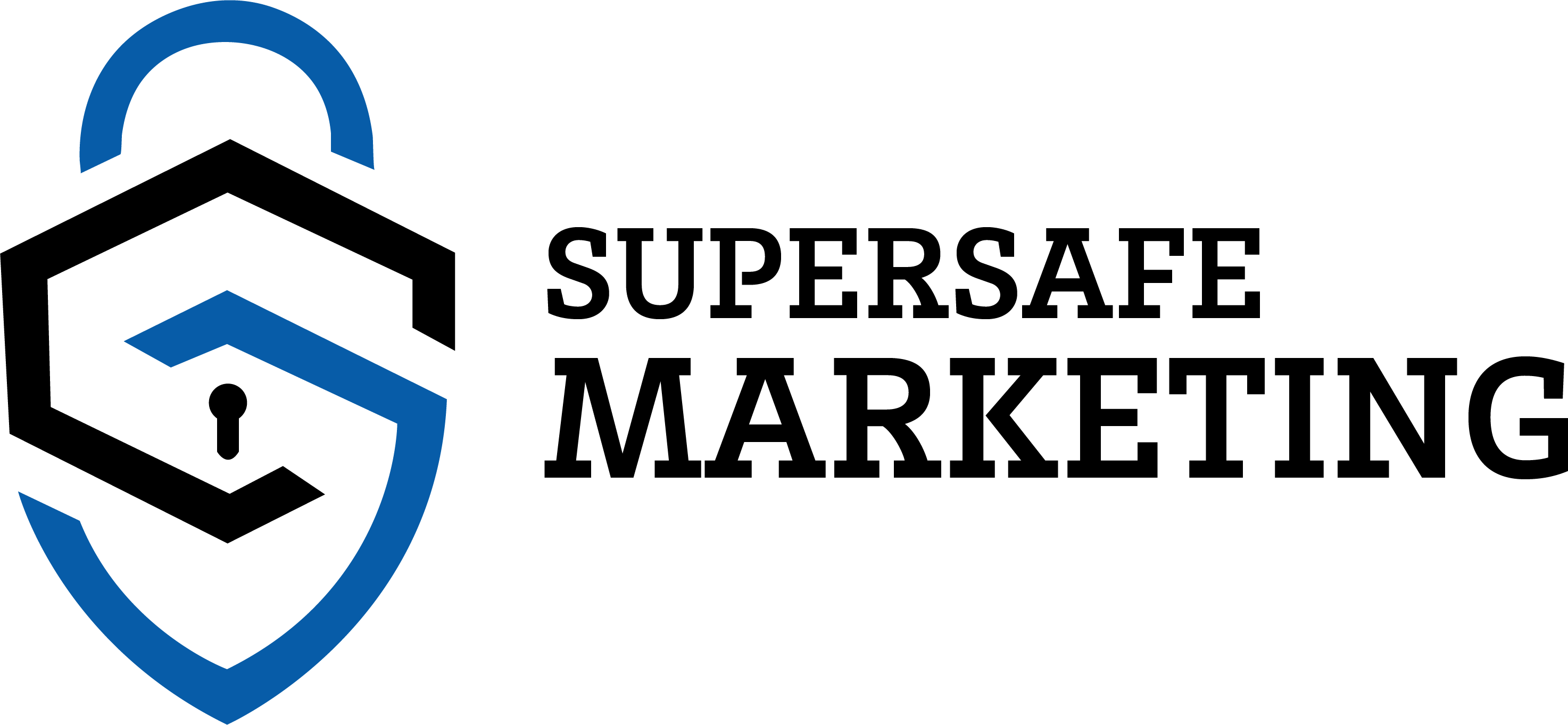SEO (Search Engine Optimization)
SEO or Search Engine Optimization is the practice of optimizing a website or web page to increase its visibility and ranking on search engine results pages (SERPs) like Google, Bing, and Yahoo.
SEO?
The ultimate goal of SEO is to drive more organic traffic to a website through higher rankings on the SERPs, which can lead to increased brand awareness, website traffic, and revenue.
SEO includes both on-page and off-page optimization techniques. On-page optimization involves optimizing the content and structure of a website, including keyword research, meta tags optimization, internal linking, and optimizing page load speed. Off-page optimization focuses on building high-quality backlinks from other reputable websites, social media marketing, and local business directory listings.

Trends and Best Practices
SEO is a constantly evolving field, with search engines updating their algorithms regularly to provide the best possible results for users. Therefore, it’s essential to stay up-to-date with the latest SEO trends and best practices to maintain a competitive edge in the digital marketplace.
Supersafe’s team of SEO experts stays up-to-date with the latest trends and best practices to ensure that our clients’ websites are optimized for maximum visibility and ranking on the SERPs. We offer a wide range of SEO services, including keyword research and analysis, on-page optimization, link building, and content creation, to help our clients achieve their SEO goals and boost their online presence.

Mobile Optimization
As mobile devices account for the majority of internet traffic, search engines prioritize mobile-optimized websites in their search results.
Ensuring that that your website is optimized for mobile devices and ensuring that your visitors have a positive experience are crucial, which in turn boost your search engine ranking.

Website Speed
Website speed is an essential technical SEO factor as search engines favor fast-loading websites. Slow-loading sites can negatively impact user experience, resulting in a higher bounce rate and lower search engine ranking. Therefore, our team at Supersafe Marketing conducts an in-depth website speed analysis to identify factors that slow down the website and implement optimization strategies to speed up the website.

Site Architecture
Site architecture is also a crucial factor in technical SEO. It refers to the way the website is structured and organized, making it easy for both users and search engine crawlers to navigate the site. Our team conducts a thorough site architecture analysis to identify and fix any issues that may negatively impact the website’s visibility and ranking.

Technical SEO
Technical SEO refers to the process of optimizing a website’s technical aspects to improve its ranking and visibility in search engine results. It includes website speed, mobile optimization, and site architecture.
Technical SEO is a vital component of any SEO strategy, and our team at Supersafe Marketing is dedicated to helping businesses optimize their website’s technical aspects to improve their search engine ranking and visibility.
